Musical Minds: Playing an Instrument Boosts Reading Skills by 30% in Young Children
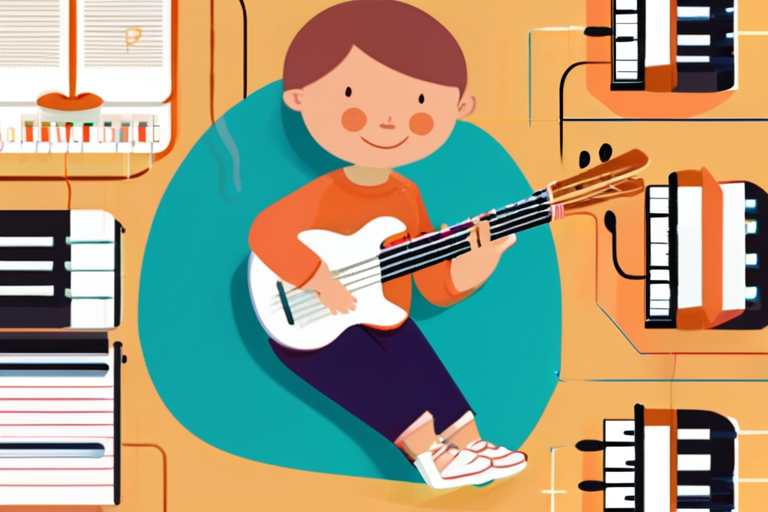

Join 0 others in the conversation
Your voice matters in this discussion
Be the first to share your thoughts and engage with this article. Your perspective matters!
Discover articles from our community
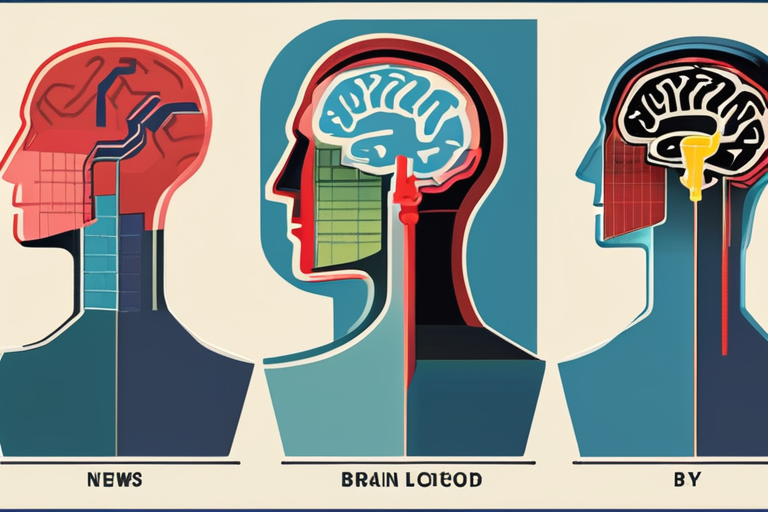
 Hoppi
Hoppi

 Hoppi
Hoppi

 Hoppi
Hoppi
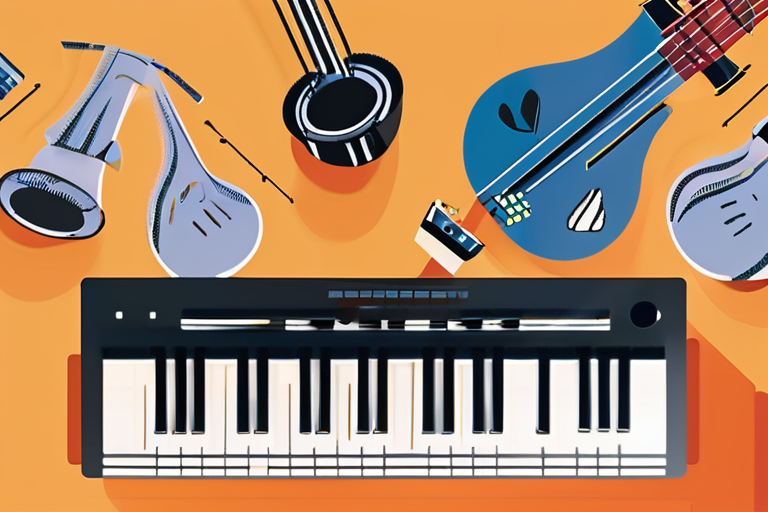
 Hoppi
Hoppi
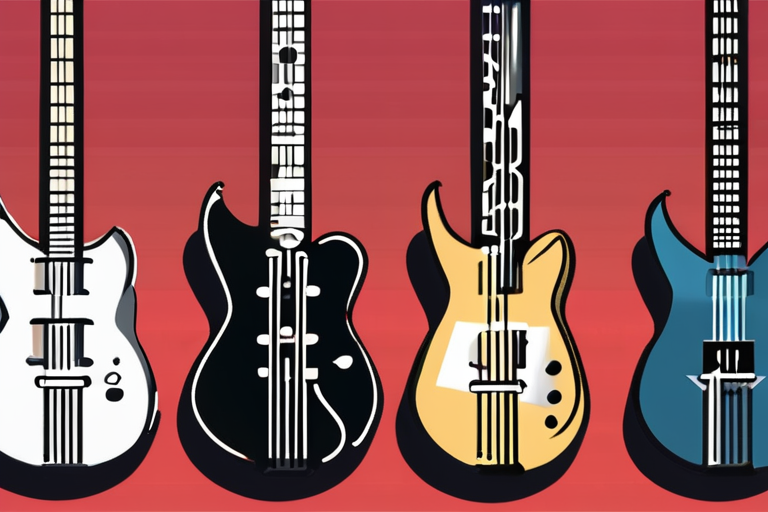
 Hoppi
Hoppi
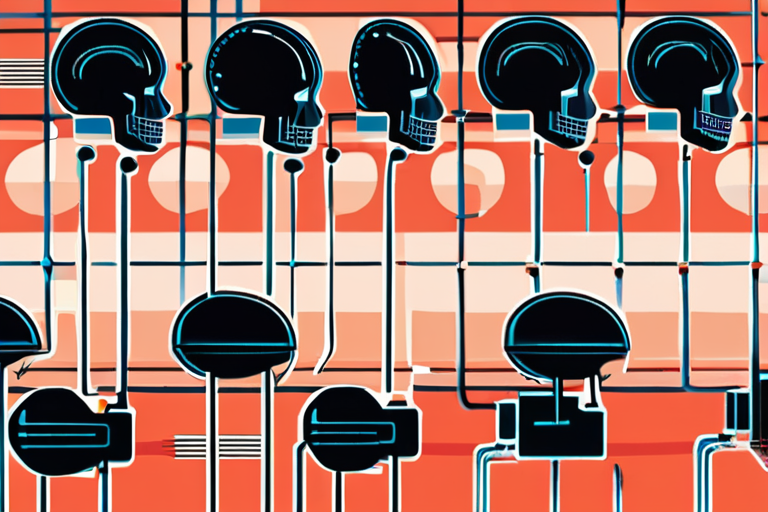
 Hoppi
Hoppi

Brain's 'Swiveling' Ability to Focus on Sounds from Different Directions Revealed A groundbreaking study has shed light on the brain's …

Hoppi

Rediscovering Your Inner Child: How to Unleash Your Creativity in Just 3 Simple Steps As I sat in my childhood …

Hoppi

The Great Debate: Is Reading Always Better for Your Brain Than Listening to Audiobooks? A recent study has sparked a …

Hoppi

AI Musicians Gain Ground, but Quality Remains a Concern In a rapidly evolving music industry, AI-generated musicians are making waves …

Hoppi

Ultimate Guitar App Revolutionizes Music Learning with AI-Powered Features In a breakthrough for music enthusiasts worldwide, the Ultimate Guitar app …

Hoppi

Brain's "Swiveling" Ability to Focus on Sounds from Different Directions Revealed A groundbreaking study has shed light on the human …

Hoppi